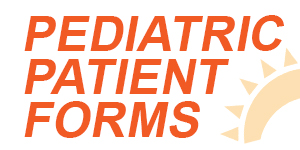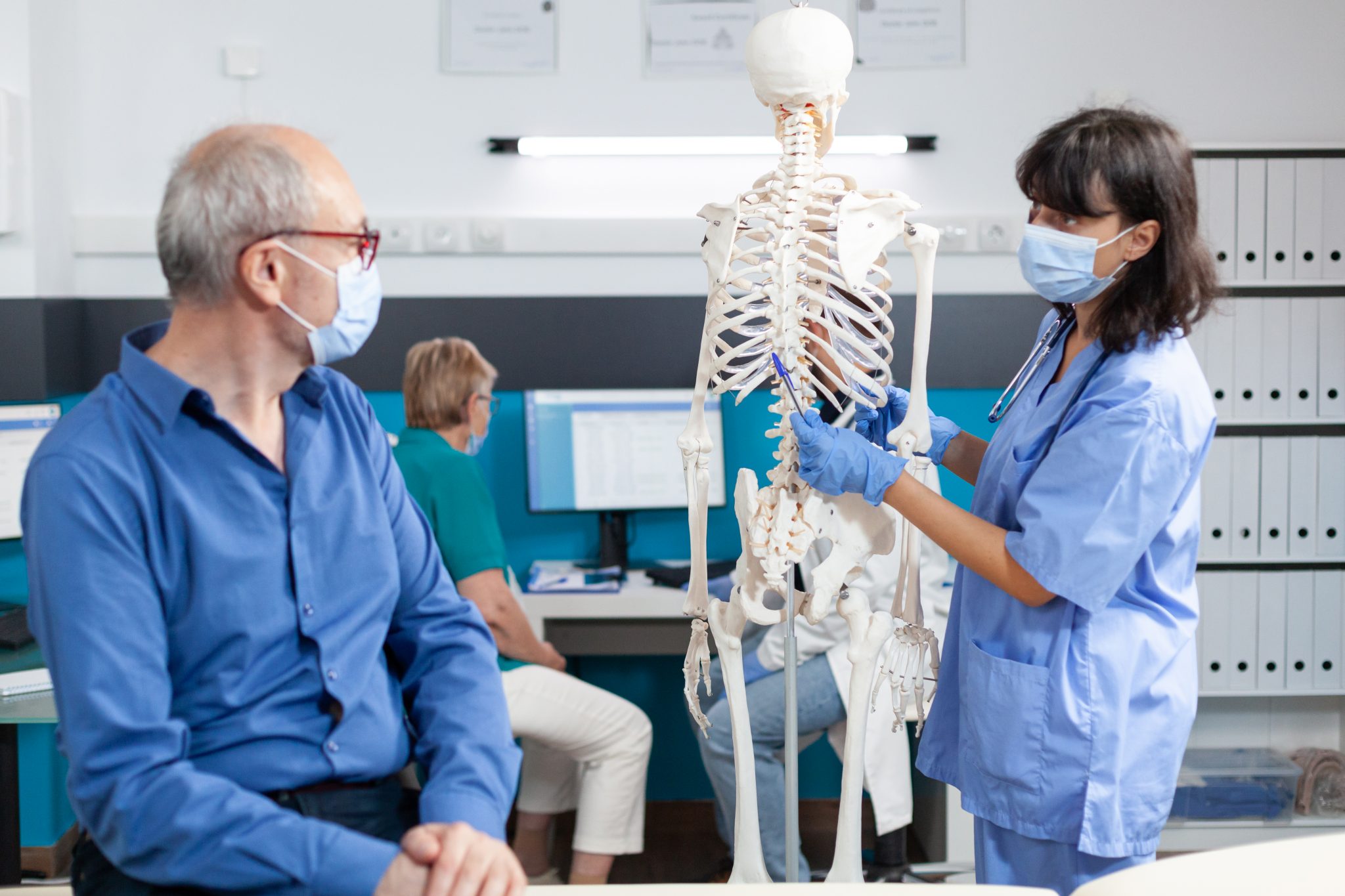Undergoing surgery is often a traumatic process that results in postoperative pain and discomfort. Furthermore, most postsurgical patients require weeks or even months of rehab after the fact in order to regain full function.
While you’re recovering from your surgery, you’ll probably be completing plenty of physical and occupational therapy. However, you may also consider trying some chiropractic care to help you recover more quickly.
Common Types of Surgeries
As you might imagine, there are tons of different types of surgeries available. These surgeries span various settings and the skill of the involved clinicians can vary widely. If possible, it is always a good idea to fully discuss your surgical options with all of your medical providers before moving forward. In the end, surgery cannot be “undone”.
Minor Outpatient Surgery
Some surgeries require no anesthesia and take a very short amount of time. Generally, these surgeries are to address dermatological (skin) issues. For instance, you may need to undergo a very minor surgery in order to have certain types of moles or skin cancer lesions removed.
Additionally, some dental surgeries are fairly minor. Dental surgeons can pull problematic teeth or perform other treatments very quickly. Often patients can go home immediately after these surgeries and will have returned to normal life within a day or two.
Orthopedic Surgeries
Surgeries involving muscles, bones, tendons, and similar structures are usually referred to as orthopedic surgeries. For example, a rotator cuff repair and a knee replacement are both different types of orthopedic surgery. After these surgeries, you’ll need to allow time for the surgical area to recover and to retrain the muscles, nerves, and other structures nearby.
These types of surgeries often require extensive disruption to associated tissues and many patients will require quite a bit of time before fully recovering function.
Neurosurgeries
Procedures that involve the nervous system are referred to as neurosurgeries. These include brain and spinal cord surgeries as well as surgeries involving peripheral nerves.
Neurosurgeries are considered very serious and complex operations that involve extensive skill and expertise on the part of the surgeon.
Cardiothoracic Surgeries
Open heart surgeries are very common today, with heart disease being one of the most common causes of death.
After heart surgery, patients have to be careful with all movements. They may even need to follow certain precautions when they sneeze and cough so that they don’t disrupt the surgical site.
Emergency Surgeries
After a traumatic accident, a stroke, or another emergent issue, patients may require surgery. These can vary widely and may include any of the aforementioned types of surgery, amputation, and tons of other kinds.
Recovery from emergency surgery is completely dependent on the extent of the damage, the skill of the surgeon, and many other factors. For example, if you were bitten by a poisonous animal and had to have your leg amputated, your recovery would potentially involve years of rehab. If, however, you had a Transient Ischemic Attack (TIA), or a mini-stroke, you would likely be back to your normal routine in no time.
Chiropractic Care Post-Surgery
No matter which type of surgery you’ve undergone, chiropractic care can be a big help.
Chiropractic care serves many functions including:
- Restoring joint range of motion.
- Decreasing pain.
- Improving nervous system connections.
By performing specific spinal manipulations (within the appropriate guidelines dictated by your specific surgery), your chiropractor can help you restore your health and resume your usual activities.
If you’ve recently undergone surgery, come see us at Awaken Chiropractic. We would love to be your family’s go-to Parker Chiropractors. Book your appointment today!






